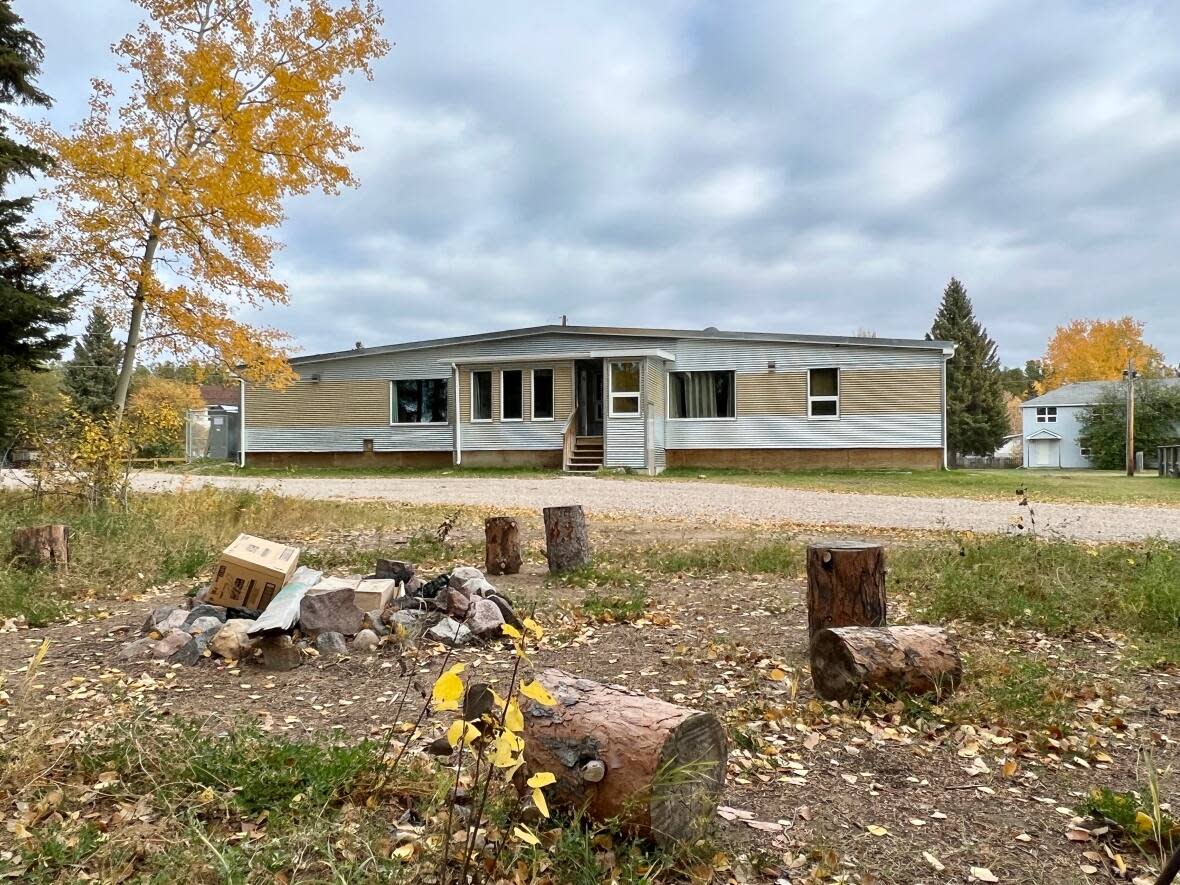N.W.T. youth group home in Fort Smith to close at end of the month

A group home centre for youth in Fort Smith, N.W.T., is set to close its doors.
The Trailcross Treatment Centre takes in youth aged 12 to 18 from all over the Northwest Territories.
But in recent years, the eight-bed facility has only been operating at between 10 and 15 per cent capacity, according to Kristy Jones, the executive director of child, family and community wellness with the territorial government.
"We felt the need to pause, and to do a comprehensive assessment at this point in time, so that we can ensure that we are fully meeting the needs and providing culturally appropriate and best practice — interventions for youth and families within the territory," Jones said.
The current contract to run the centre ends on Oct. 30 and Jones said this was an opportunity to reassess the centre. According to the territory's website, the centre is operated by Shift, a Nova Scotia-based human services and "experiential learning company" founded in 2011. The organization has been operating residential youth care homes in the North since 2014.
It's staffed by a team of 30, which includes a clinical therapist, cultural guides that work to take kids on the land, a cook, a housekeeper and a team in the office in Nova Scotia.
Youth from across the N.W.T. who experience social, emotional and behavioural issues have been receiving treatment and therapy from Trailcross since the 1970s. An Alberta-based organization called Wood's Homes ran it for 10 years before declining to renew its contract in 2018.
Group homes should be 'last resort'
Jones said it's a question of whether the facility is meeting the needs of youth from a mental health and addiction perspective.
She said there are some barriers and gaps for children and youth when it comes to mental health and addictions within the territory, and that a residential facility for children in youth should be a "last resort."
"We should really be looking at what are the least intrusive methods where we can keep children youth, close to their families, close to [their] home community and their culture. So that's really what our priorities are."

She said the focus now will be on providing a "wider spectrum" of services, informed by culturally appropriate practices, like on-the-land models, and collaborating with Indigenous partners.
The assessment of the facility and alternative programs, is set to happen over the next few months, and in the new year there should be a recommendation ready, she said.
Jones is overseeing the assessment.
"When you look at the numbers … we can see that we're not meeting the needs," Jones said. "So, we have to take a step back and look at what are we doing? "
Jones said in "a worst case scenario," there are residential treatment facilities out of territory that could be accessed.

